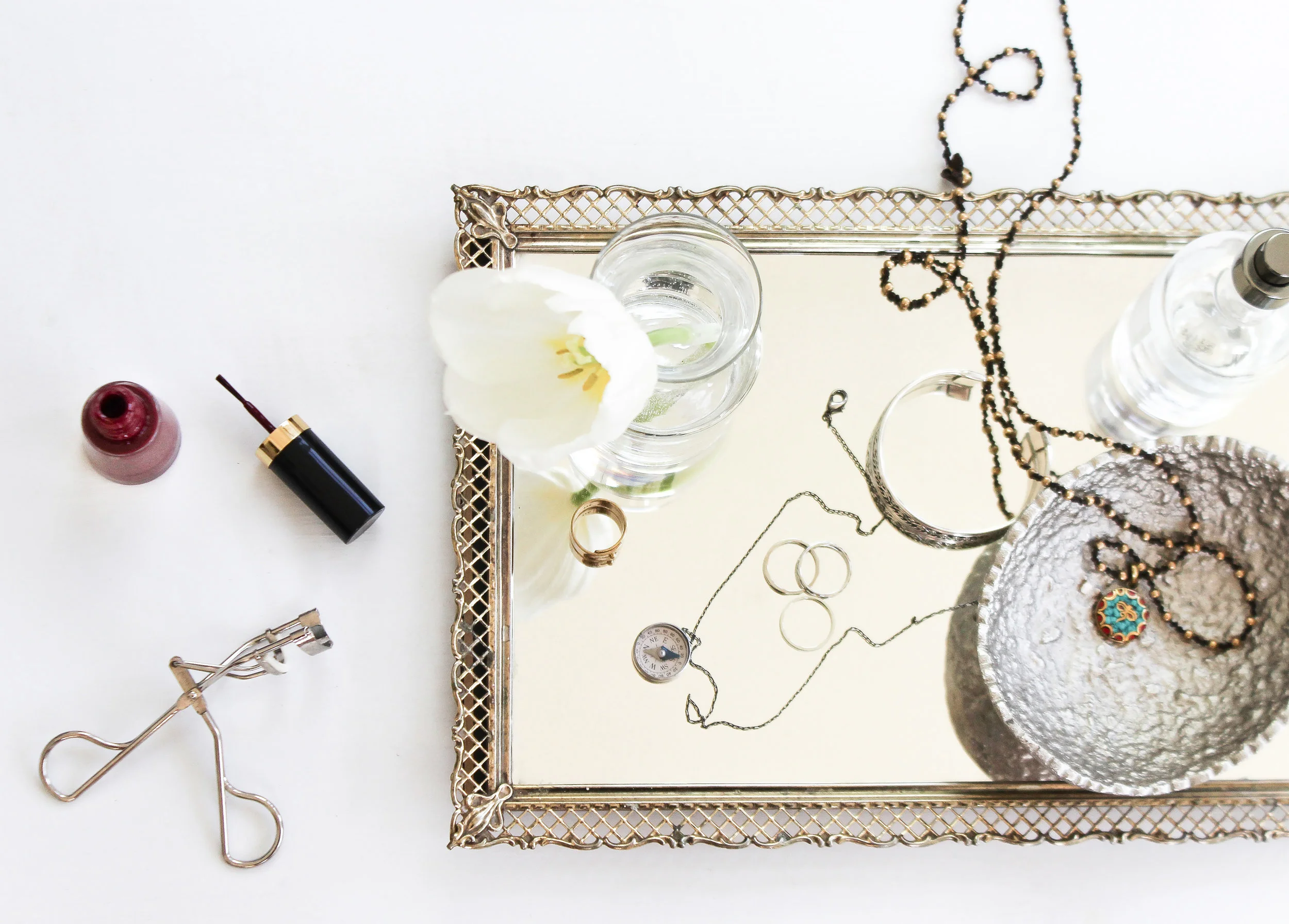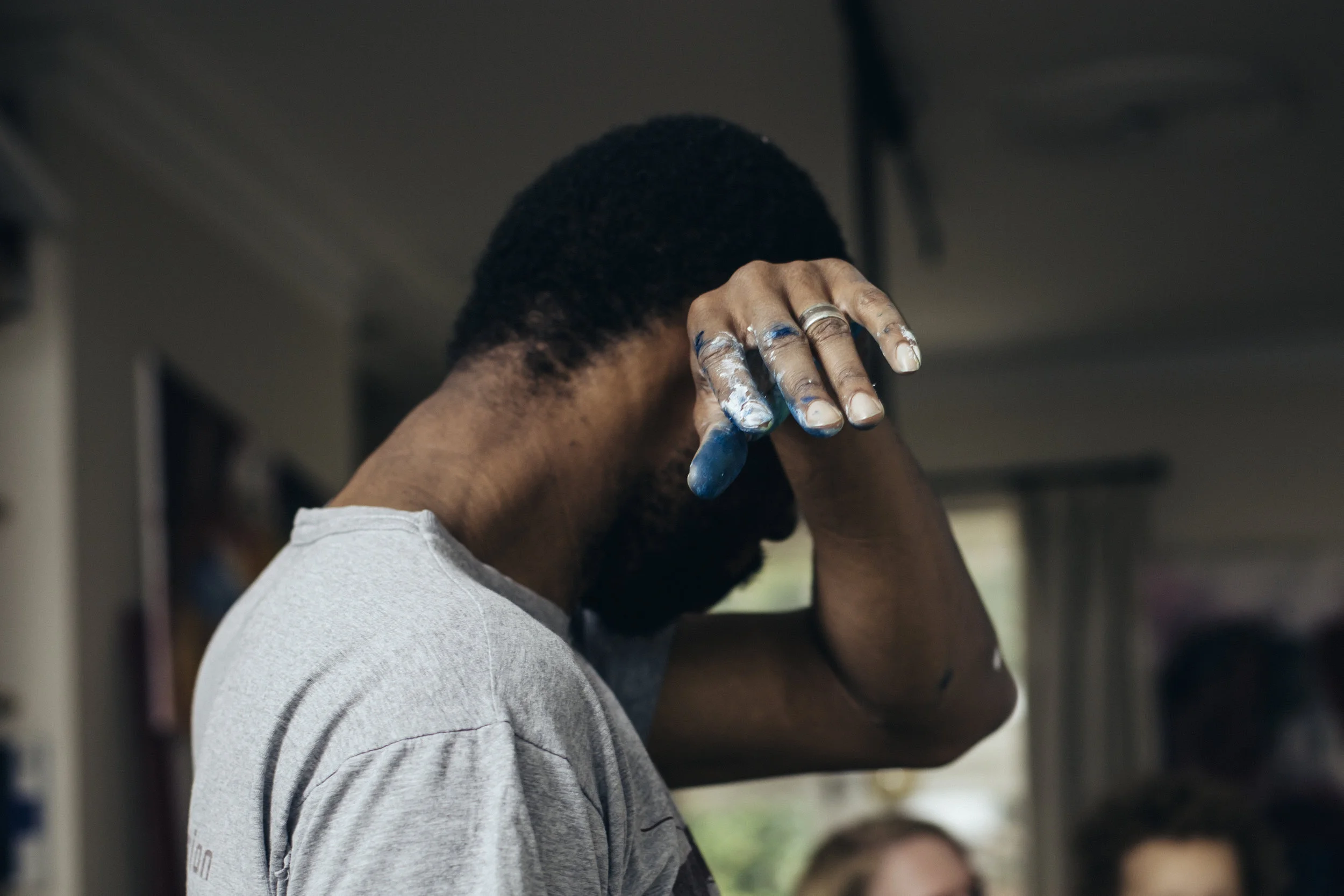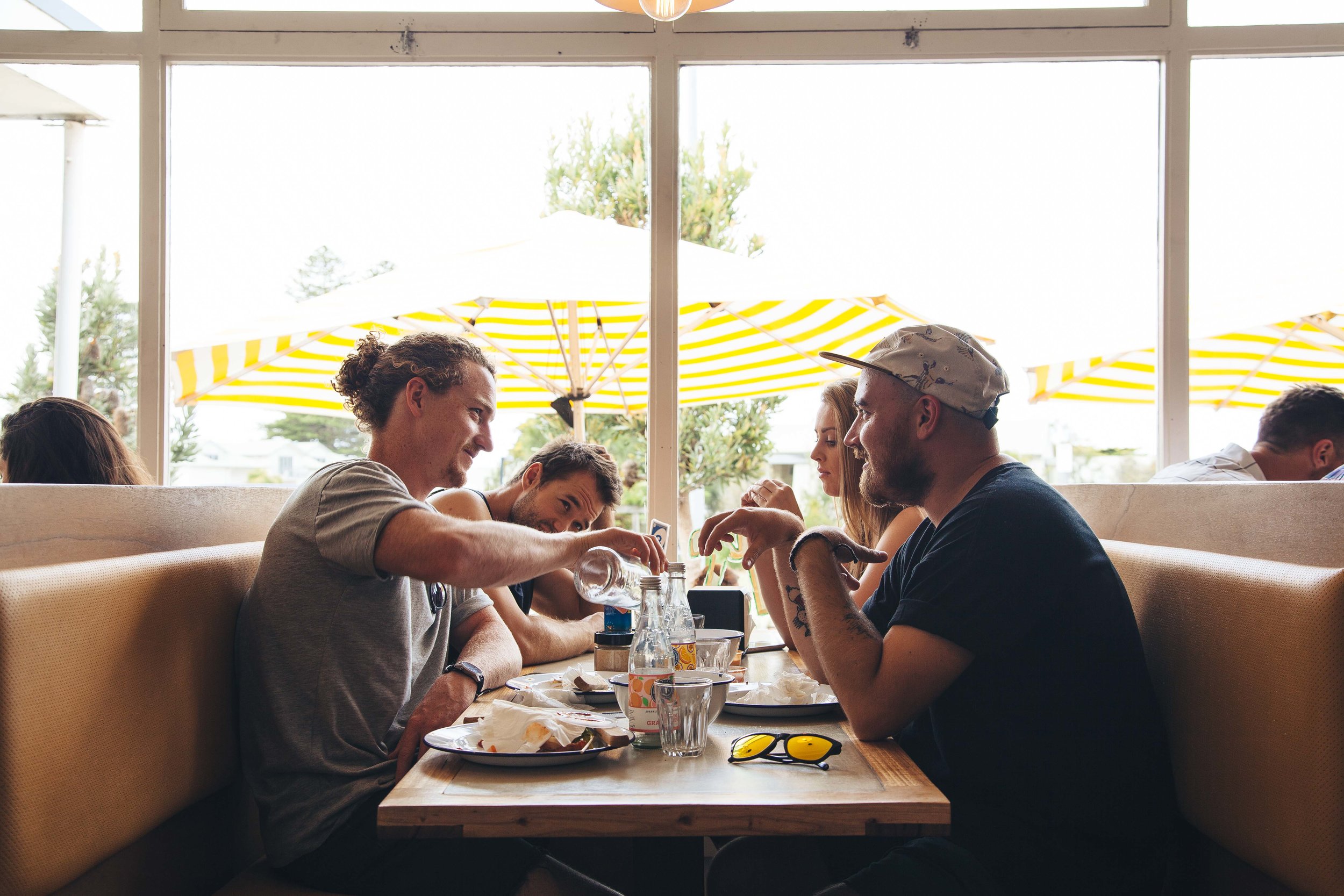Stifled.
That's the word I've been chewing over lately. Sometimes literally.
When expressing myself and thinking about what I want in the world, stifled feels like a fitting word. My experience is not that different from others. This feeling of being stifled is especially true for women.
We're often told we're too much of something. Too bossy. Too fat. Too serious. Too emotional. Too silly. Too flighty. Too vapid. Walking the delicate line between being too cold and too emotional is impossible.
Because it's impossible, we stop. We barely walk at all actually because each step could make us fall.
Women learn at a young age to limit themselves. This often starts with food.
One obvious way we learn to limit ourselves is through dieting. Our daily walk on eggshells starts with each morsel of food that passes our lips.
At age 15, I have a distinct memory of enjoying a cookie. Some man noted, "A moment on the lips, forever on the hips" while he proceeded to eat his own cookie.
Because I was not an adult woman with the ovaries to say "fuck off," I nibbled slowly at the rest of the cookie. I promised myself it would be my last for a while. And that was when I learned that having what I wanted wasn't acceptable and it was okay for dudes to police my eating.
Years and years of this feeling of being watched every time you eat slowly wears down your psyche.
We learn by living this not to trust our bodies. Over time, we unlearn how to trust ourselves. We look outward to others to answer our questions. Or at least that was my story.
Years of ignoring hunger culminated in a total lack of attunement with my own needs and desires. Each calorie skipped was a daily reminder that my most basic instincts were incorrect.
As a young woman trying to navigate the world, I've been thinking a lot about what it means to have agency. What does it mean to ask for what you want?
It might start with asking for what you want to eat.












